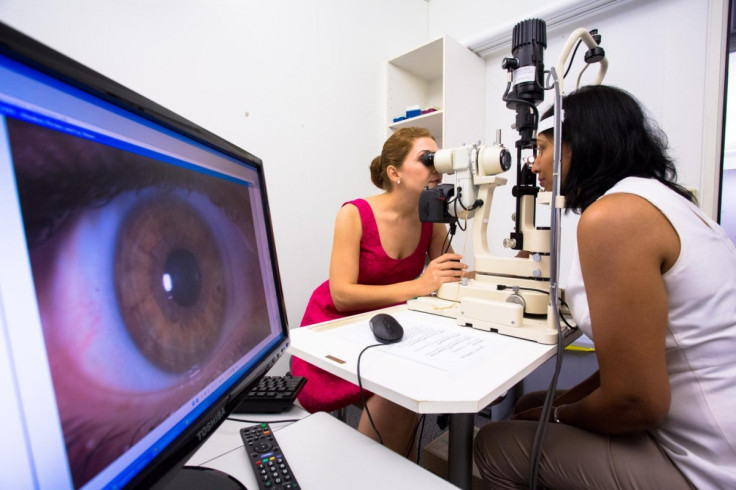Up to 1 billion people at risk of blindness by 2050 as myopia epidemic grows

Up to 1 billion people could be at risk of going blind by 2050 unless we tackle the growing short-sightedness epidemic that has up to now been ignored. Researchers from the Brien Holden Vision Institute warns that almost 5 billion people – what is predicted to be half the world's population − will suffer from myopia by the middle of the century, with a fifth of these people being placed in the high myopia category, which means that they would be at a "significantly increased" risk of blindness.
It is estimated that around 2 billion people suffer from short sightedness today, but that will grow unless new treatments are developed and implemented. "Brien Holden Vision Institute is calling on the world – from governments and health agencies, to civil society, parents and schools − to protect the eye health of every child and adult and meet this major public health challenge of our time," said Professor Kovin Naidoo, acting CEO at Brien Holden Vision Institute.
"Firstly, the public must be made aware that this threat exists. Secondly, we need researchers and public health practitioners to develop effective solutions. Thirdly, eye care professionals need to be better equipped to manage patients at risk," added Naidoo.
Inhabitants of East Asia are the worst affected by myopia with around 80-90% of school leavers in urban areas of Singapore, China, Taiwan, Hong Kong, Japan, and Korea suffering from short sightedness. However, the report from the institute says that reducing the progress of myopia on an individual basis will prevent around 90% of cases reaching high levels of myopia.
"The major concern is with the vast number of people who are likely to progress to high levels of myopia, which brings with it a significantly increased risk of potentially blinding conditions and vision impairment," said Naidoo. "Myopia is not curable or reversible, but there are promising interventions using optical and behavioural approaches that can help slow the progression and prevent people becoming highly myopic.
"Specialised contact lenses and spectacles, which can be prescribed by eye care practitioners, have shown very promising results in controlling the progression of myopia," he added.
© Copyright IBTimes 2024. All rights reserved.







